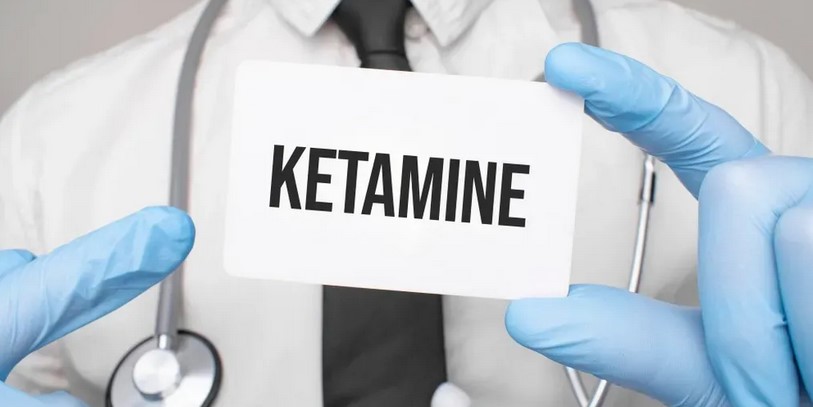Ketamine has long been used as an anesthetic in both surgical and field hospital situations. It’s only recently that ketamine and related products began treating some cases of depression. Now, clinical evidence supports its use to treat alcoholism.
For the past 20 years, annual deaths related to alcohol remained consistent, at about 2.2% each year. In 2020, the first year of the pandemic, this rate skyrocketed over 25%. Clearly, this demonstrates the need for new treatments for alcohol addiction.
A study published in early 2022 shows promise for low-dose ketamine as an effective new therapy for alcoholism, both on its own and in combination with psychotherapy. When it comes to low-dose infusion therapy, the team at Keta Medical Center are ready to help. Providing intravenous (IV) infusions, we can help you with a custom treatment plan to reduce the urges to drink.
The history of ketamine
First studied in the 1960s as an anesthetic, ketamine came to prominence in the early 1970s as a safe and reliable field anesthetic during the Vietnam War. It’s since moved into operating rooms as a surgical anesthetic with few drawbacks. Depending on its dose, ketamine can be used as a pain reliever, sedative, or general anesthetic.
It’s not fully understood how ketamine works, and it’s only been recently that researchers began to study its abilities beyond pain management. Ketamine shows promise as an alternative for treatment-resistant depression, and now it’s emerging as a safe and effective therapy to ease the effects of alcohol addiction.
The challenges of alcoholism
Alcohol addiction has both physical and behavioral effects on a patient’s body. Those with severe alcohol use disorder develop dependence on the presence of alcohol in their systems and experience the effects of withdrawal when they try to stop drinking. Once they start, they often lose control over their ability to stop.
These effects produce an escalating cycle that’s difficult to break. Continued abuse of alcohol then has a free rein to harm the patient’s health, leading to heart disease, high blood pressure, and stroke, as well as neurological disorders like dementia and depression.
How ketamine treatment can help
Ketamine causes a state sometimes called dissociative anesthesia. It’s thought that this dissociative state provides an addiction “reset” for the body and mind.
The University of Exeter study from 2022 revealed that participants receiving ketamine infusion in conjunction with psychotherapy had a dramatically easier time avoiding alcohol over a six-month period, remaining abstinent for 162 of 180 days.
In addition, low-dose IV ketamine infusions had no negative effect on liver function. While this was the first study of its kind, ketamine’s long history of use as an anesthetic proves that there are few negative side effects when delivered in clinical settings. The potential for relapse prevention is another promising benefit offered by ketamine therapy, since this is often an issue for patients after other types of treatment for alcohol abuse.
Learn more about treating alcoholism with ketamine infusions by contacting our Oradell, New Jersey, office. You can schedule an appointment over the phone or using the online tool on this page. Ketamine may be the cycle breaker you need to get past alcohol dependence, so book your consultation now.







